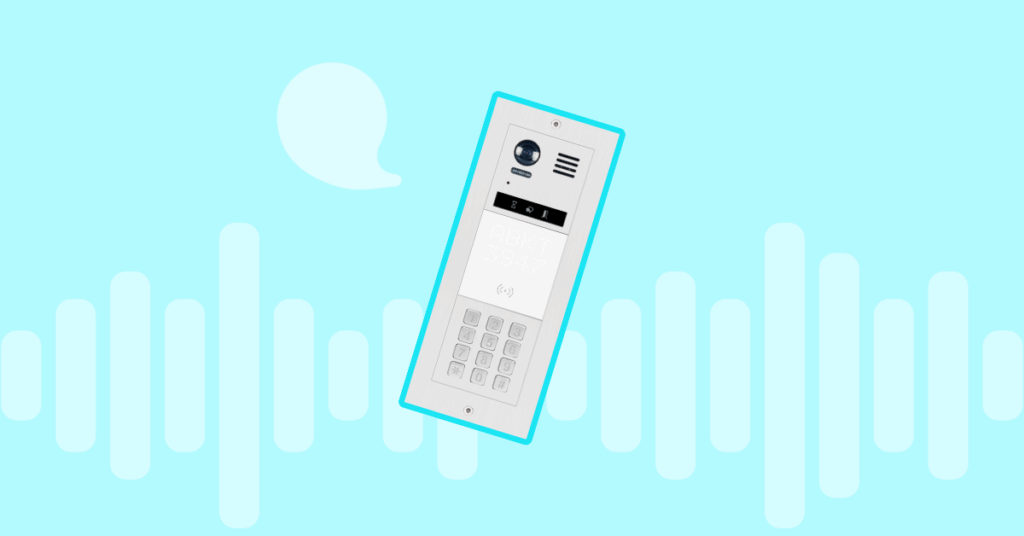
Table of contents
Regardless of the type of phone system you have in your office or home, the phone instrument remains an essential part of it. Whether your company has already switched to VoIP or is considering the move, you will notice that you still need phones to make calls. Unlike the traditional PSTN network, a VoIP phone offers many possibilities when it comes to the device used to make calls.
What Is a VoIP Phone?
In general terms, a VoIP phone can mean any IP phone that connects to the Internet to make calls. As long as it uses SIP or similar protocols and uses data networks for audio transmission, it can be called a VoIP phone. Though for some people, a VoIP phone refers strictly to a desk phone that uses IP standards for audio communication. They don’t consider other types of devices like computers or apps as a ‘VoIP phone.’ But in common usage, it is an umbrella term that is for a wide variety of devices.
Types of VoIP Phones
As has been hinted before, VoIP phones come in all shapes and sizes. Some don’t even have a physical component! You can see multiple types of VoIP phones in the same office or business. Most people like to choose a specific VoIP device based on their own preferences and requirements.
The most basic VoIP phone is a softphone application or in other words, an app. Many VoIP vendors offer dedicated apps for various platforms such as Windows, Android, iOS etc. Other service providers don’t have their own dedicated app but allow users to install any software of their choice. You can log into your account with the appropriate credentials and make calls with any app and device combination you like.
This means that a VoIP phone can refer to an iPhone that has the VoIP app or a Windows desktop that has a headset for calls. The same person may choose to use both according to the situation. Users can connect multiple devices to the same number and an entire group or project teams can share a specific VoIP number as well. Most service providers don’t charge extra for the softphone app, you only pay for the minutes you use.
At the other end of the spectrum, you have IP desk phones that look like your office phone. These are dedicated instruments with high-quality components for audio transmission. They offer higher call quality and reliability than VoIP apps. An IP phone can cost anywhere from $50 to hundreds, depending on build quality and the availability of expansion modules.
Components of A VoIP Phone
A typical VoIP (desk phone) phone has both hardware and software components. The software consists of networking components, VoIP protocols, media stream handling protocols and so on. The hardware components include:
- Speakers and microphone
- Keypad or touchpad
- Display – usually an LCD screen
- Signal and general purpose processors
- Voice to digital and digital to voice converters
- Ethernet port or wireless network card
- The power source (either battery, power over ethernet or via charging cable)
- Analog port (RJ-11) for PSTN connections
Every VoIP phone does not have to have all of the components listed above. If you’re switching to VoIP and have decided not to use any analog lines, your phones may not have an RJ-11 port for legacy connections. If your device supports PoE (Power over Ethernet) you don’t need a separate power source. Some standalone units that are used in public places like a hotel reception may not have a keypad. Conference units may have multiple speakers and high-quality microphones but need a separate display connection for messages.
Does Your Business Need Dedicated VoIP Phones?
Purchasing dozens of IP phones for your business can easily cost thousands of dollars. Maybe you’re wondering whether the cost is worth the benefits you receive. In this case, the answer is not a definitive yes or no. It all depends on your particular situation, business requirements and budget.
Many small businesses opt for analog converters to use with their existing devices or softphones for most employees. You need only get desk phones for executives or managers who need the extra functionality. Dedicated IP phones generally have higher quality components especially when it comes to speakers and microphones. Calls will sound better on IP phones than smartphones or computers.
Many VoIP apps cannot support advanced features because they have to function well on small screens without dedicated call specific hardware. Most desk phones come with function buttons that are also programmable in some cases. You can map those buttons to frequently used actions or features. This allows for greater flexibility than softphone apps.
But in spite of these benefits, many organizations made the decision based on budgetary constraints. Since VoIP allows you to work with any type of device, you can always upgrade down the line if need be.
More from the blog
Want to improve your business communication?
Unlock enterprise-class call center power at affordable prices – no hardware, no delays, no surprises!






